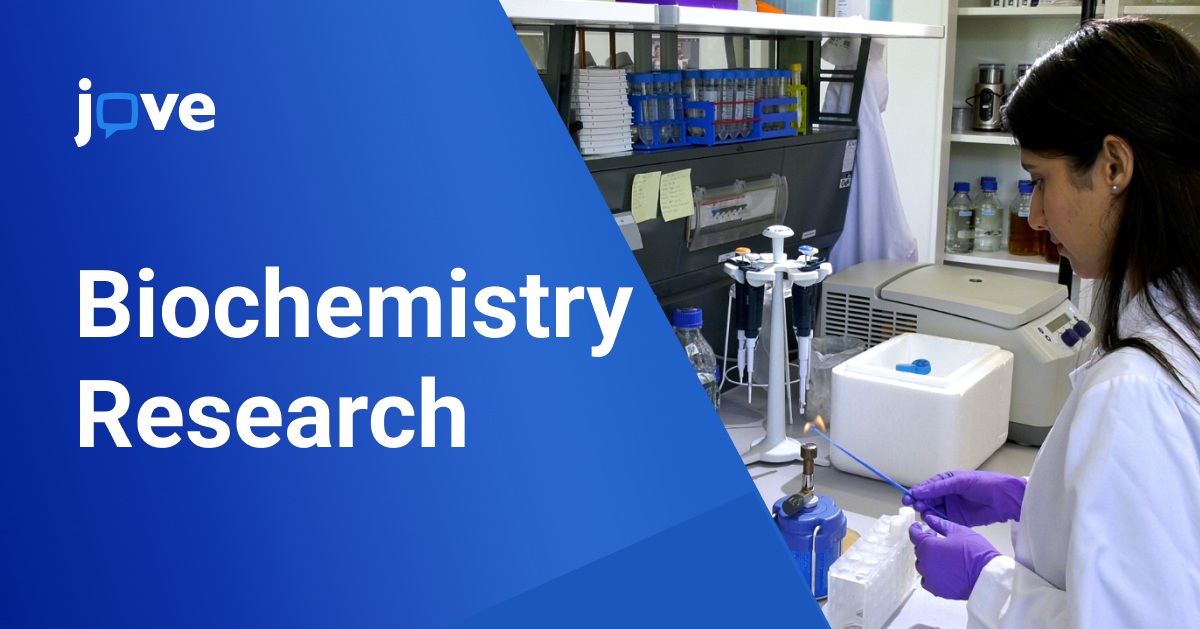How to Become a Biochemistry Researcher?
Biochemistry research involves studying the chemical processes and substances that occur within living organisms. This field combines principles from both biology and chemistry to explore the molecular mechanisms that underpin biological functions, including cellular processes, disease mechanisms, and genetic expressions. Essentials skills are related to master techniques such as chromatography, spectroscopy (including UV-Vis spectroscopy), and electrophoresis on Laboratory skills; learn how to analyze and interpret data, a critical component of biochemistry research for analytical skills; and develop the ability to write research papers and present findings effectively, to increase communication skills. These are the 3 steps on how to become a biochemistry researcher:
1. Obtaining an Undergraduate Degree: Obtain a bachelor's degree in biochemistry, biology, chemistry, or a related field. This foundational education is crucial for understanding the core principles of biochemistry.
2. Pursuing a master's degree or Ph.D. in biochemistry or a related field. Advanced degrees are often required for research positions and offer specialized knowledge and research skills. After completing a Ph.D., engage in postdoctoral research to further specialize and build a professional network.
3. Gain Research Experience: Participate in research projects during your undergraduate studies. Many universities offer research programs for undergraduates. Apply for biochemistry research internships or summer research programs. These opportunities provide hands-on experience and can enhance your resume.
Applications of a Career in Biochemistry Research
You can research jobs for Biochemistry Research Career in different fields:
- Medical Research, such as Disease Mechanisms that studies the biochemical pathways involved in diseases such as cancer, Alzheimer's, and diabetes. Also, another example is Drug Development which works on discovering and developing new medications and therapies.
- Environmental Biochemistry: Toxicology: Research the effects of environmental toxins on living organisms, Sustainability: Develop biochemical solutions for environmental issues such as pollution and climate change.
- Agricultural Biochemistry: Plant Biochemistry: Study the biochemical processes in plants to improve crop yields and resistance to pests.
- Food Science: Research ways to enhance food quality and safety through biochemical methods.
- ndustrial Biochemistry: Biotechnology: Work in industries that use biochemical processes to produce goods such as biofuels, plastics, and pharmaceuticals.Quality Control: Ensure the biochemical integrity and safety of industrial products.
How Jove.com can help on your biochemistry researcher career (3 linhas com link em Jove.com)
JoVE.com offers an extensive library of video articles and protocols that can significantly enhance your biochemistry research skills. These resources provide visual demonstrations of complex techniques, making it easier to understand and replicate experiments. Explore JoVE.com to access these invaluable tools and advance your biochemistry research career.
Conclusion
A career in biochemistry research is both challenging and rewarding, offering opportunities to make significant contributions to science and society. By obtaining the necessary education, gaining hands-on experience, and continuously developing your skills, you can become a successful biochemistry researcher.
